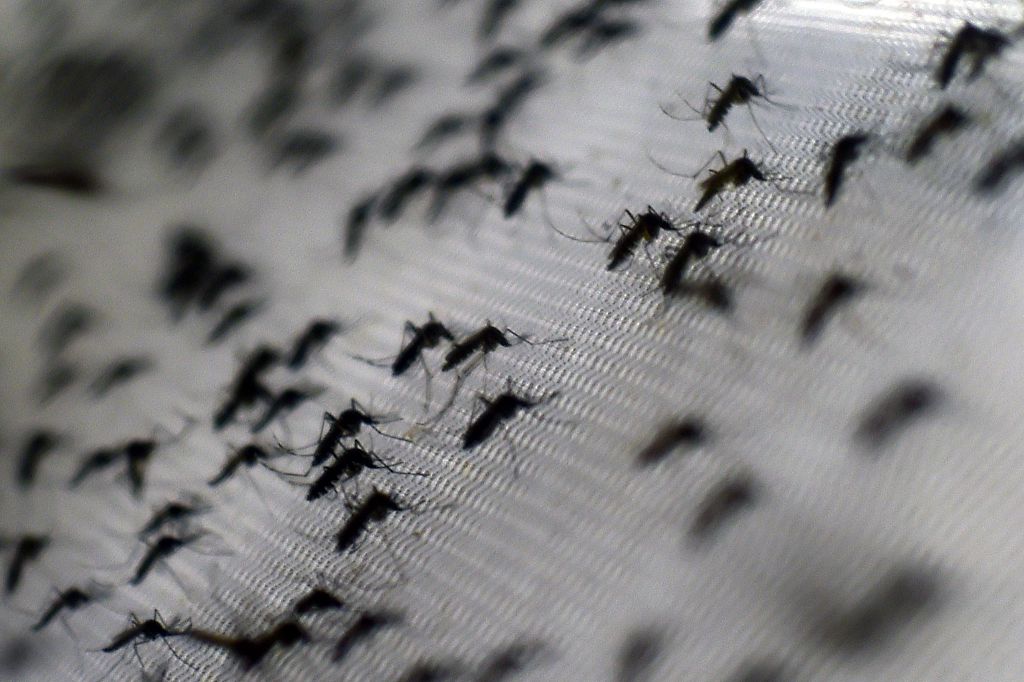
In this week’s magazine, I write about a controversial new technology that could eventually enable scientists to eliminate an entire species of disease-causing mosquito. The benefits could be great: As the most efficient transmitter of disease in the animal kingdom, mosquitoes cause more than a million deaths a year. The technology, which uses a genetic editing technique that essentially forces mosquitoes to breed themselves out of existence by preventing the creation of female offspring, could also be used to engineer mosquitoes incapable of carrying disease. But while promising, it will be a decade at least before either version is ready for market—and that assumes the public concerns about GM animals can be quelled.
Read More: 10 Zika Facts You Need to Know Now
Meanwhile, another technology developed in Australia is all but stopping dengue, a devastatingly painful mosquito-borne disease that infects millions and causes some 10,000 deaths a year. New research is showing that it may be effective against Zika as well. Malaria, yellow fever and Japanese encephalitis may not be far behind. And while the essential ingredients are found in nature, it works in a similar way to the sophisticated genetic engineering techniques being perfected by the scientists I profile in my story.
The technology uses a naturally occurring bacterium called Wolbachia that already infects 60 percent of insects around the world, from butterflies to wasps and ladybugs. Like the beneficial bacteria that colonize the human gut, Wolbachia does not harm the insects it inhabits; instead it blocks the proliferation of harmful viruses, like dengue.
The entomologist Scott O’Neil, now the dean of Science at Monash University in Melbourne, Australia, worked for more than a decade on discovering a way to distill the virus-neutralizing power of Wolbachia so that he could introduce it into mosquitoes on a genetic level. The key came when he hit on the idea of letting the bacteria do what it does best: infect the insects itself.
Read More: Hard-Hit Colombia Could Be the Key to Understanding the Zika Virus
Wolbachia does not spread through the air, or via insect-to-insect contact. Instead, it is passed on from mother to offspring. When an insect has Wolbachia, the bacterium takes up residence in all of the cells, including a female’s ovaries. That means all her progeny will carry the bacteria, and her daughters will in turn pass it on to their offspring, and so on, until the bacteria spreads throughout the population. And the bacterium has evolved a neat trick. If an infected male fertilizes an uninfected female’s eggs, they won’t hatch. “So in an almost spiteful way Wolbachia increases itself in the insect population by eliminating all the competition,” says O’Neil.
The only problem is that Wolbachia is not usually found in mosquitoes, so O’Neil and his team had to figure out a way to infect female mosquitos with the bacteria. It took years to perfect the technique, says O’Neil, who compares the process of injecting mosquito embryos with the bacteria to piercing a water balloon with a knitting needle “and pulling it out without breaking the balloon.”
But all it took was one success. Like a good sourdough starter, “we only needed one embryo transfer to start the line,” he says. Now his team at the university laboratory maintains a colony of Wolbachia-infected Aedes aegypti mosquitos that they harvest for introduction in test sites in Australia, Indonesia, Vietnam, Brazil and Columbia, as part of O’Neil’s Eliminate Dengue program. Once released into the wild, they spread into the mosquito population. When mosquitoes have Wolbachia, says O’Neil, “the viruses can’t replicate. And if the virus can’t grow in the mosquito, it can’t be transmitted.”
Read More: Zika Fears Cause American Olympians to Scramble
The great thing about infecting mosquitoes with Wolbachia, says O’Neil, is that you only have to do it once. “It’s a one shot application if you like. Once it is deployed, it sustains itself in the population.” Five years ago, O’Neil and his team started small trial programs in Queensland, then a larger program in Townsville, Australia, a city that regularly suffered dengue outbreaks. They released about five infected female mosquitoes per house, per week for ten weeks (densely populated areas in places like Brazil require a longer release schedule). The trials are not complete, but O’Neil says dengue transmission has stopped in every area where infected mosquitos have been released. He is seeing similar results in Eliminate Dengue’s trial programs around the world. “Once we have a mosquito population with high levels of Wolbachia, we don’t see any transmission. There is a lot of optimism that the impact will be large,” he says.
Ground Zero of Brazil’s Zika Outbreak


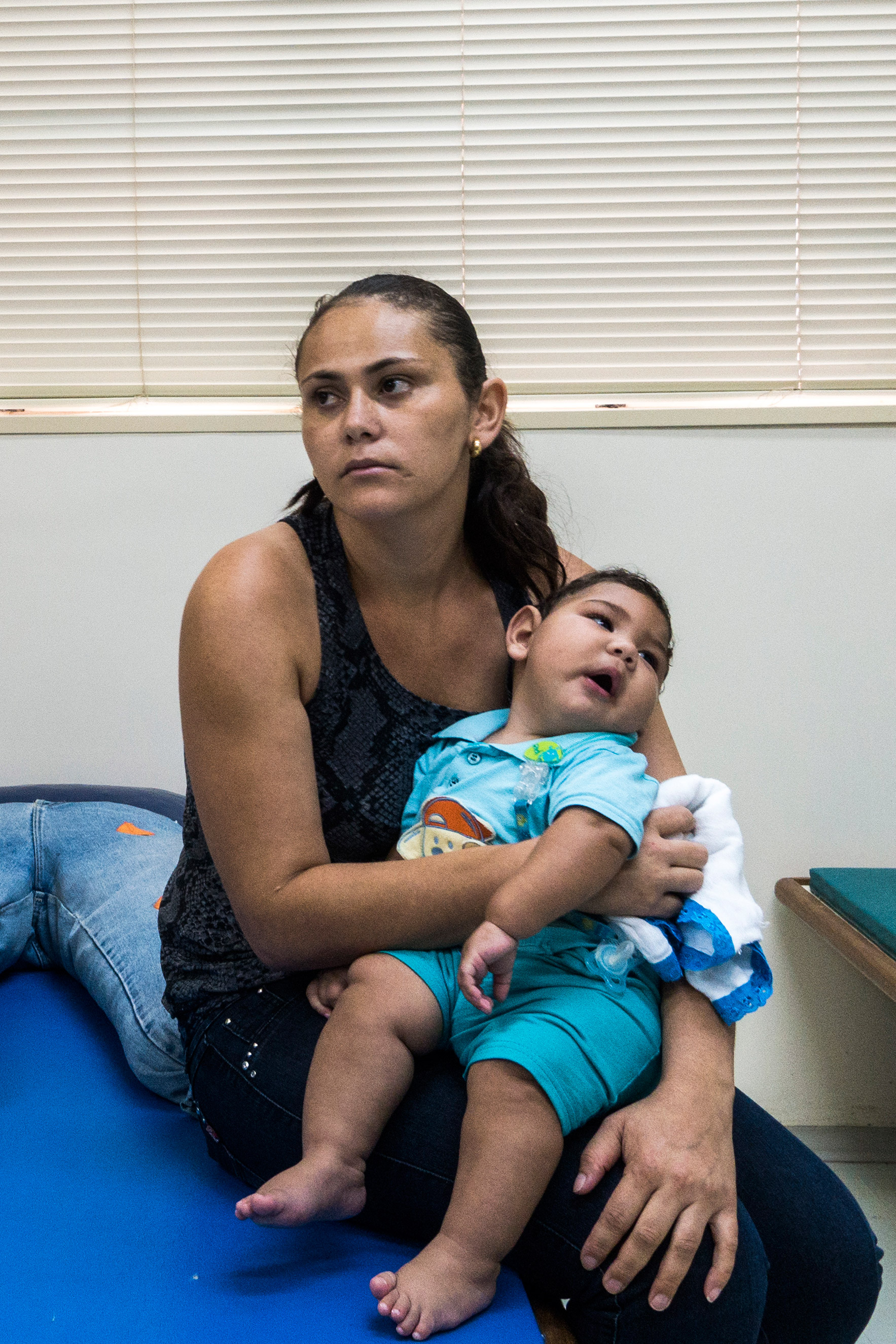

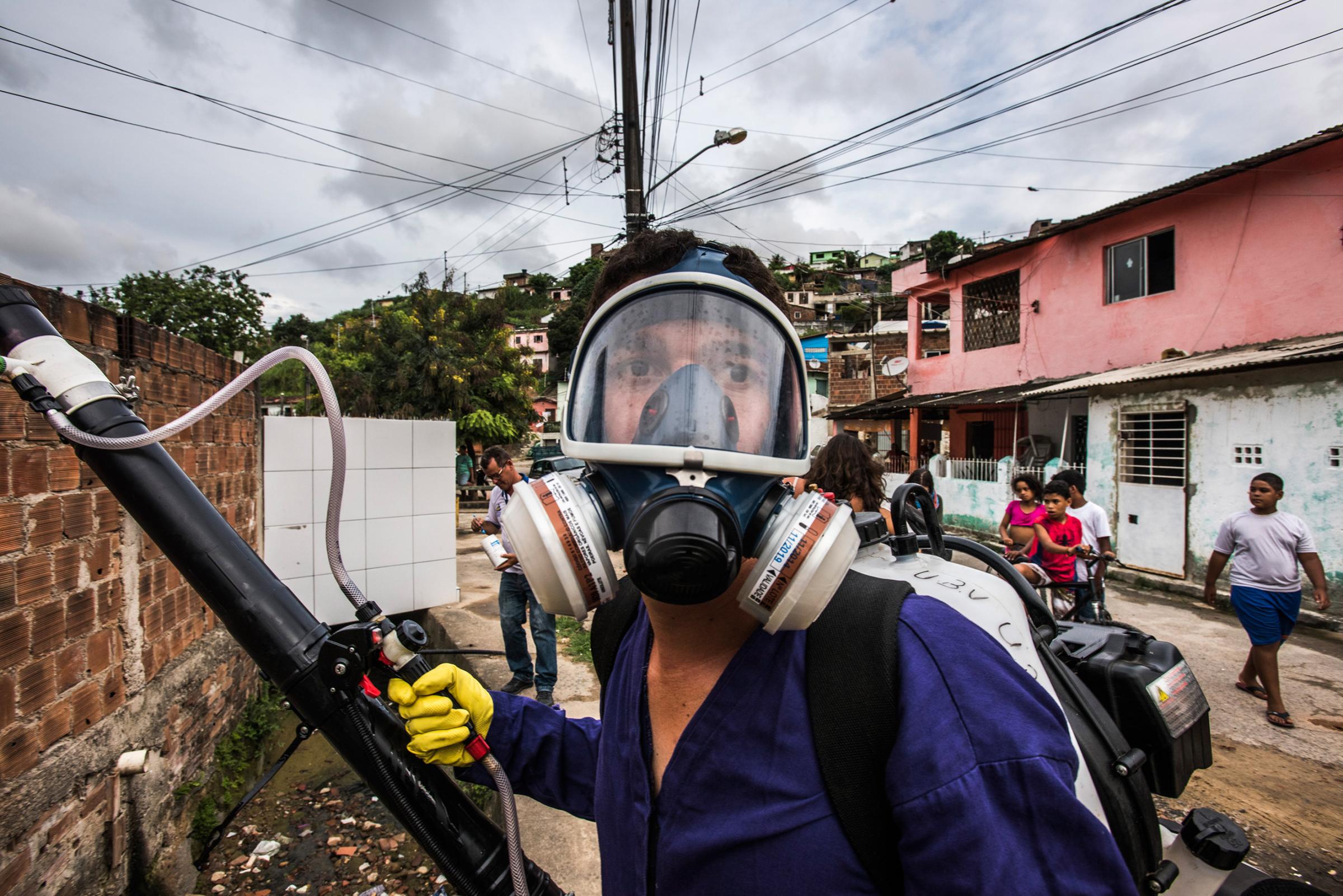
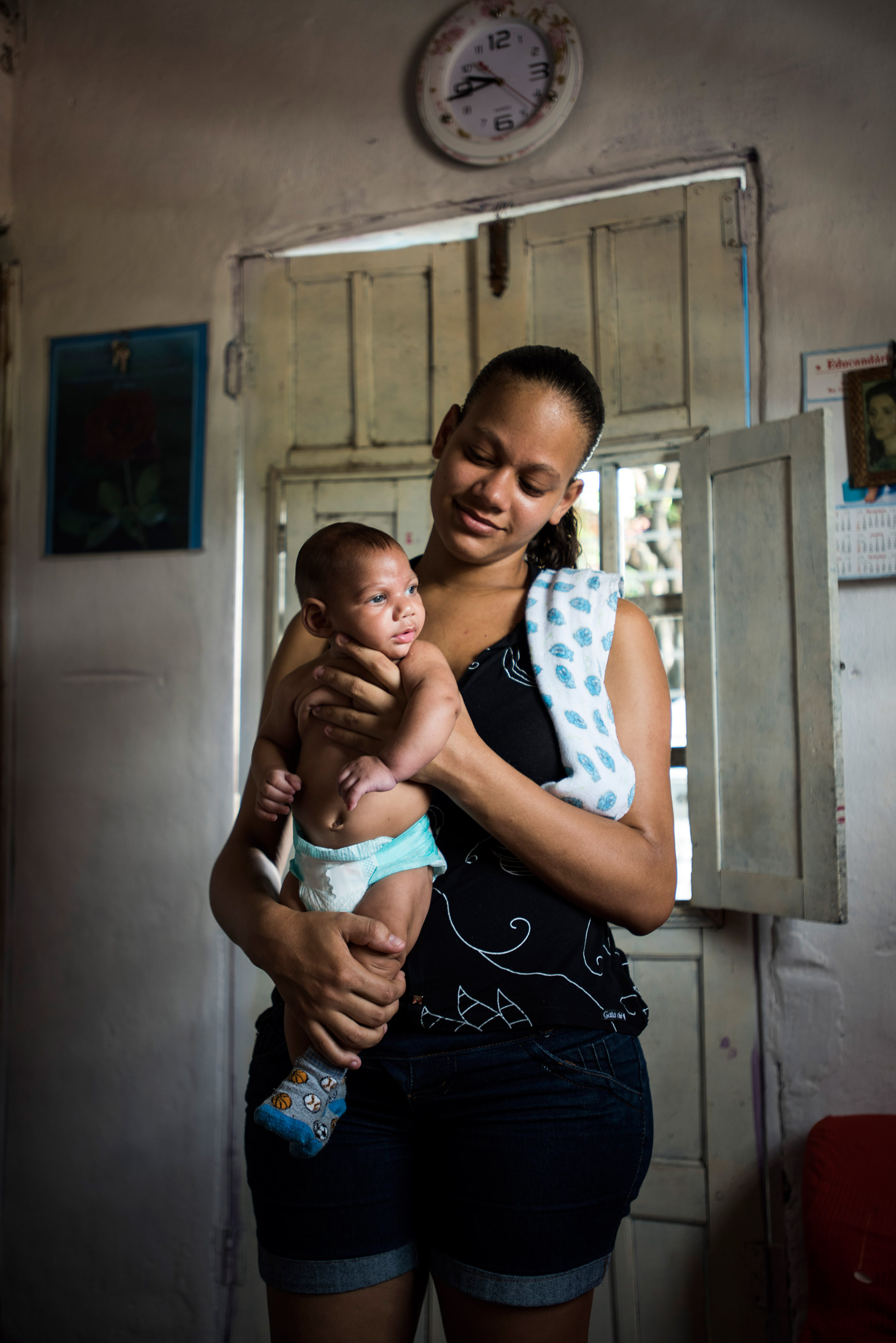
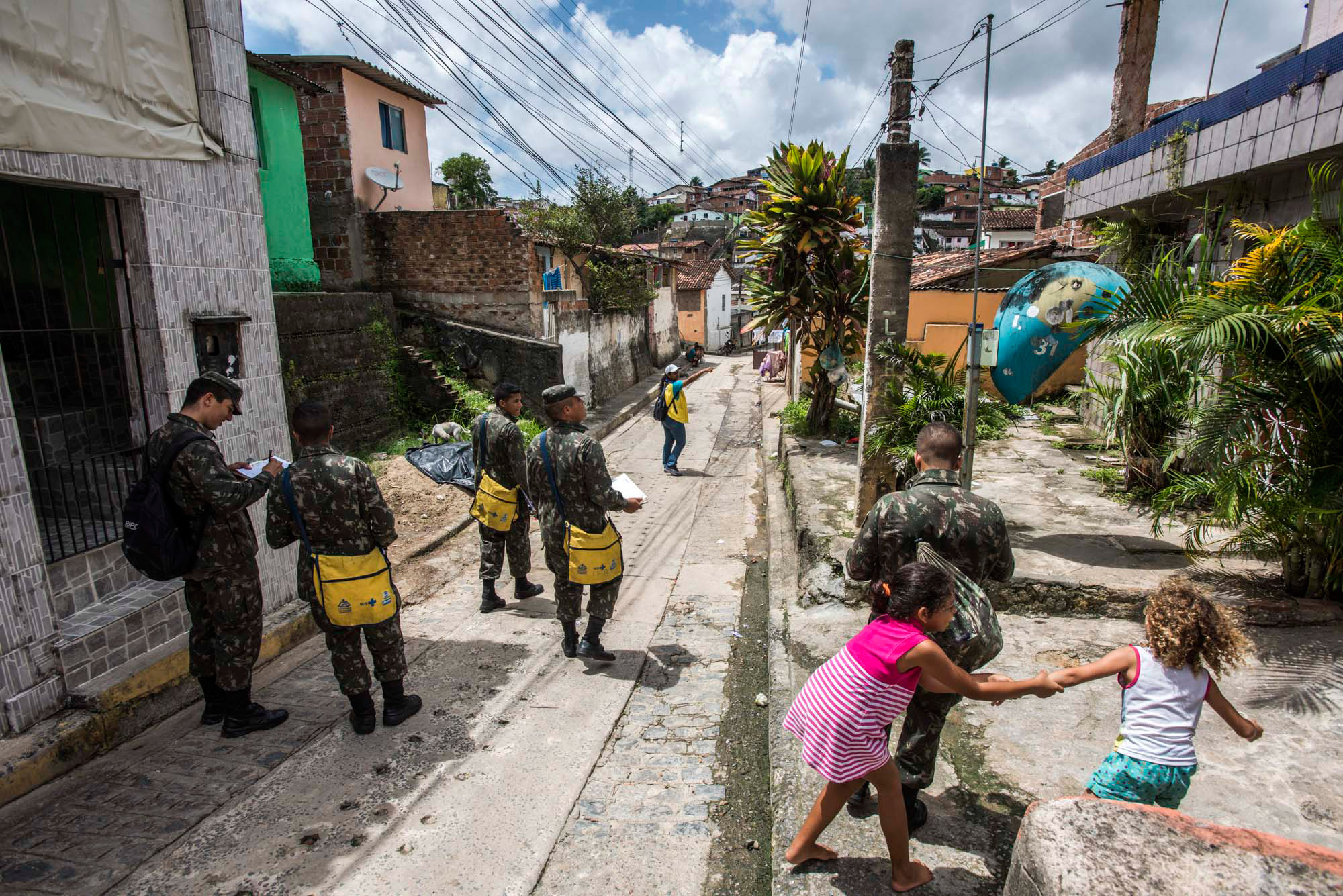
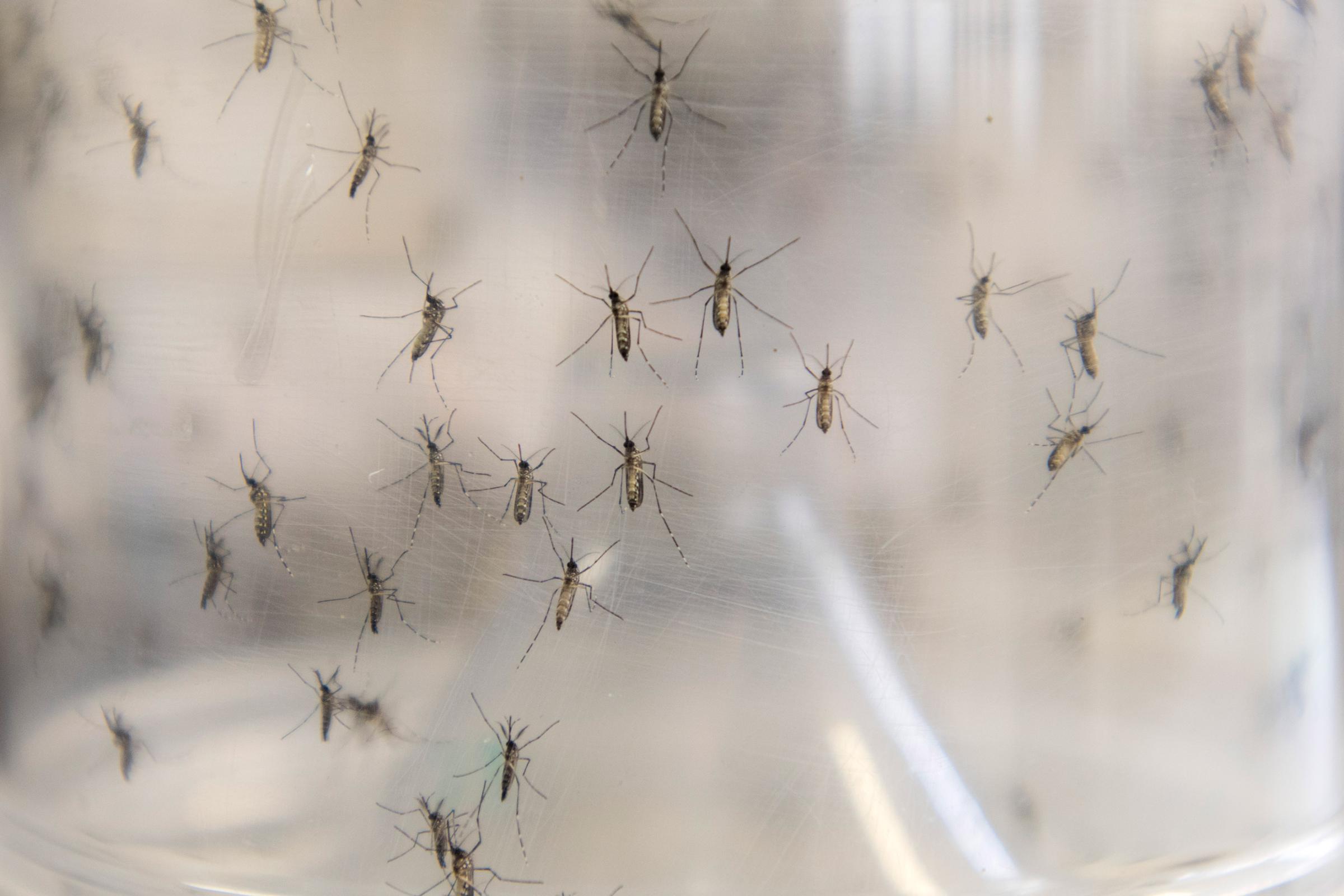
The fact that Wolbachia-infected mosquitoes are warding off Zika—another mosquito-borne virus similar to dengue—is also a promising sign, says O’Neil. Dr. Luciano Moreira, head of the Brazilian Eliminate Dengue team, which is funded in part by the Bill and Melinda Gates Foundation, recently started feeding Wolbachia-infected mosquitoes with strains of Zika virus currently circulating in Brazil. According to Moreira’s report, which was recently published in the journal Cell Host & Microbe, the mosquitoes infected with Wolbachia had significantly less amounts of the virus in their saliva than normal mosquitoes, indicating that Wolbachia was blocking transmission.
If Wolbachia works against Zika and dengue, chances are it should work against related viruses like Japanese encephalitis and yellow fever, which are also carried by A. aegypti, says O’Neil. His research indicates that it may even work against malaria, but since malaria is carried by an entirely different genus of mosquito, the Anopheles, he would have to start an entirely different line of infected females. It might be time for O’Neil and his team to start practicing with the knitting needles and water balloons again.
More Must-Reads from TIME
- Donald Trump Is TIME's 2024 Person of the Year
- Why We Chose Trump as Person of the Year
- Is Intermittent Fasting Good or Bad for You?
- The 100 Must-Read Books of 2024
- The 20 Best Christmas TV Episodes
- Column: If Optimism Feels Ridiculous Now, Try Hope
- The Future of Climate Action Is Trade Policy
- Merle Bombardieri Is Helping People Make the Baby Decision
Contact us at letters@time.com